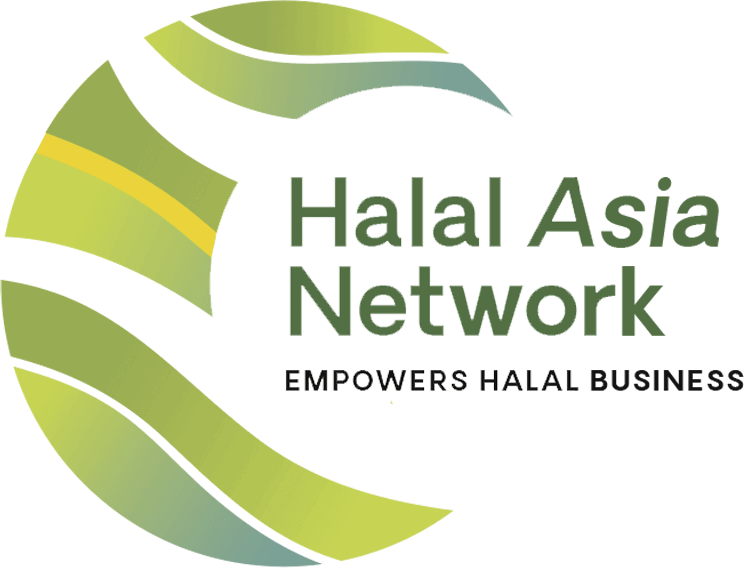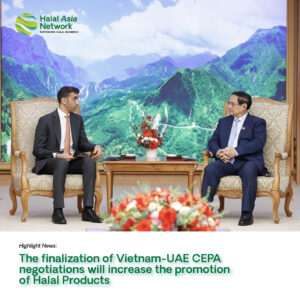Prime Minister Phạm Minh Chính from Vietnam had called for the acceleration of the negotiations process of the Vietnam-United Arab Emirates (UAE) Comprehensive Economic Partnership Agreement (CEPA) during the meeting with UAE Minister of State for Foreign Trade, Thani bin Ahmed Al Zeyoudi, who had visited Vietnam with leaders of 19 major UAE corporations at the end of August 2024. Leaders from various business sectors, namely logistics, energy, minerals, food, investment funds, finance, and banking, will participate in the trade process between Vietnam and the United Arab Emirates. On the eve of the meeting, the Prime Minister of Vietnam congratulated the government of the UAE for its achievements in the economy and showed eagerness that Vietnam will learn from the success story of the UAE in transforming its economy. The Prime Minister of Vietnam also emphasized that the UAE is one of Vietnam's most important economic partners in the Middle East.
In the first seven months of 2024, the trade between Vietnam and the UAE had reached US$4 billion, up by 47% from last year. The trade volume is expected to increase to US$10 billion in the future. This positive development creates optimism for both Vietnam and the UAE, which increases their determination to finish the negotiation process and finalize the CEPA. One of the most significant potentials of the trade between Vietnam and the UAE is the halal food industry, which may boost exports of Vietnamese products such as seafood, fresh fruits, and processed foods to the UAE and the Middle East. Responding to Vietnam's plan to boost the export of Halal food, the UAE will support Vietnamese companies in the export process to ensure the adherence of food producers to Islamic values and halal principles. In practical matters, the UAE will establish a council of business cooperation that incorporates the private sector of UAE and Vietnam to increase the effectiveness of trade between the two countries.
The UAE also supports Vietnam in the establishment of an international financial center in Ho Chi Minh City and will invest in other sectors. Both countries will enhance collaboration in labor, culture, sports, tourism, and people-to-people exchanges by easing visa requirements and increasing the number of flights between the two countries. Moreover, Vietnam also offers the UAE to become a bridge for the UAE to strengthen cooperation with the Association of Southeast Asian Nations (ASEAN). Reciprocally, the UAE also serves as Vietnam’s hub in the Middle East.
Assessment
The finalization of CEPA between Vietnam and the UAE will accelerate and increase the trade values between the two countries. With CEPA, barriers to trade between two countries can be reduced to reach a level of mutual benefit. CEPA will also be able to boost many sectors of industries, including the halal industry. In the case of Vietnam and the UAE, Vietnam will be able to provide relevant food and beverages based on the needs of the UAE, and the UAE will be able to provide technical assistance regarding compliance with Halal Principles. If Vietnam can adapt to the Halal Principles, it will be able to export to the UAE and other Muslim-majority countries. Considering geographical proximity, if many of Vietnam’s private enterprises are able to have halal certification, they will be able to sell their products to Indonesia and Malaysia, two countries in Southeast Asia with a large Muslim population. The CEPA may further strengthen Vietnam's ties with the UAE, which can serve as an entry point for Vietnam to access Middle Eastern and African markets.

